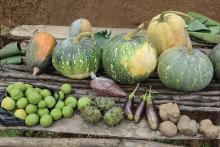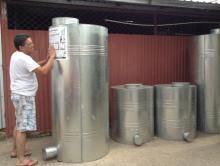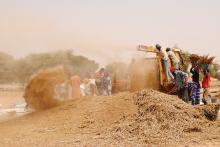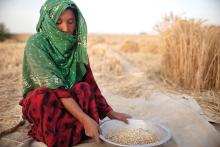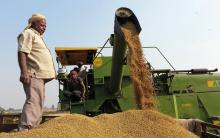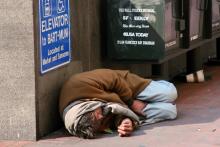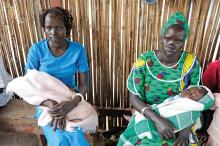Land Library
Welcome to the Land Portal Library. Explore our vast collection of open-access resources (over 74,000) including reports, journal articles, research papers, peer-reviewed publications, legal documents, videos and much more.
/ library resources
Showing items 46 through 54 of 317.In Kenya, smallholders are improving the health of their families by growing local cereal varieties and indigenous vegetables. The use of traditional foods is even helping people with HIV/AIDS.
More than 30 years ago, the Swiss Agency for Development and Cooperation (SDC) started a post-harvest programme in Central America named “Postcosecha”. The significant impact that was still evident long after the project end also continues to exist after the cessation of external support.
According to the International Labour Organisation (ILO), a large share of child labour takes place in family-based agriculture. However, most agricultural projects do not address child labour, even though they have the potential to contribute to its prevention and reduction.
Livestock are critical to building sustainability in food and agriculture. Current and future livestock sector development needs to produce more, from less, and in ways that benefit all.
Livestock are kept for a wide range of purposes in Africa, and there is considerable diversity in animal husbandry. Among the most important advantages in keeping animals is their contribution to maintaining and even improving soil fertility.
Tropical forage grasses and legumes as key components of sustainable crop-livestock systems in Latin America and the Caribbean have major implications for improving food security, alleviating poverty, restoring degraded lands and mitigating climate change.
The former Soviet Central Asian republics have undergone de-intensification of their livestock sectors, resulting in an increased reliance on natural pastures. Property rights systems are key to the sustainable management of this resource.
Pastoralism – the predominant form of livestock keeping in the Horn of Africa – has always been a source of disputes and tensions in the region.
The growing global demand for animal products also offers poor livestock keepers the opportunity to switch from the subsistence to the market economy.

